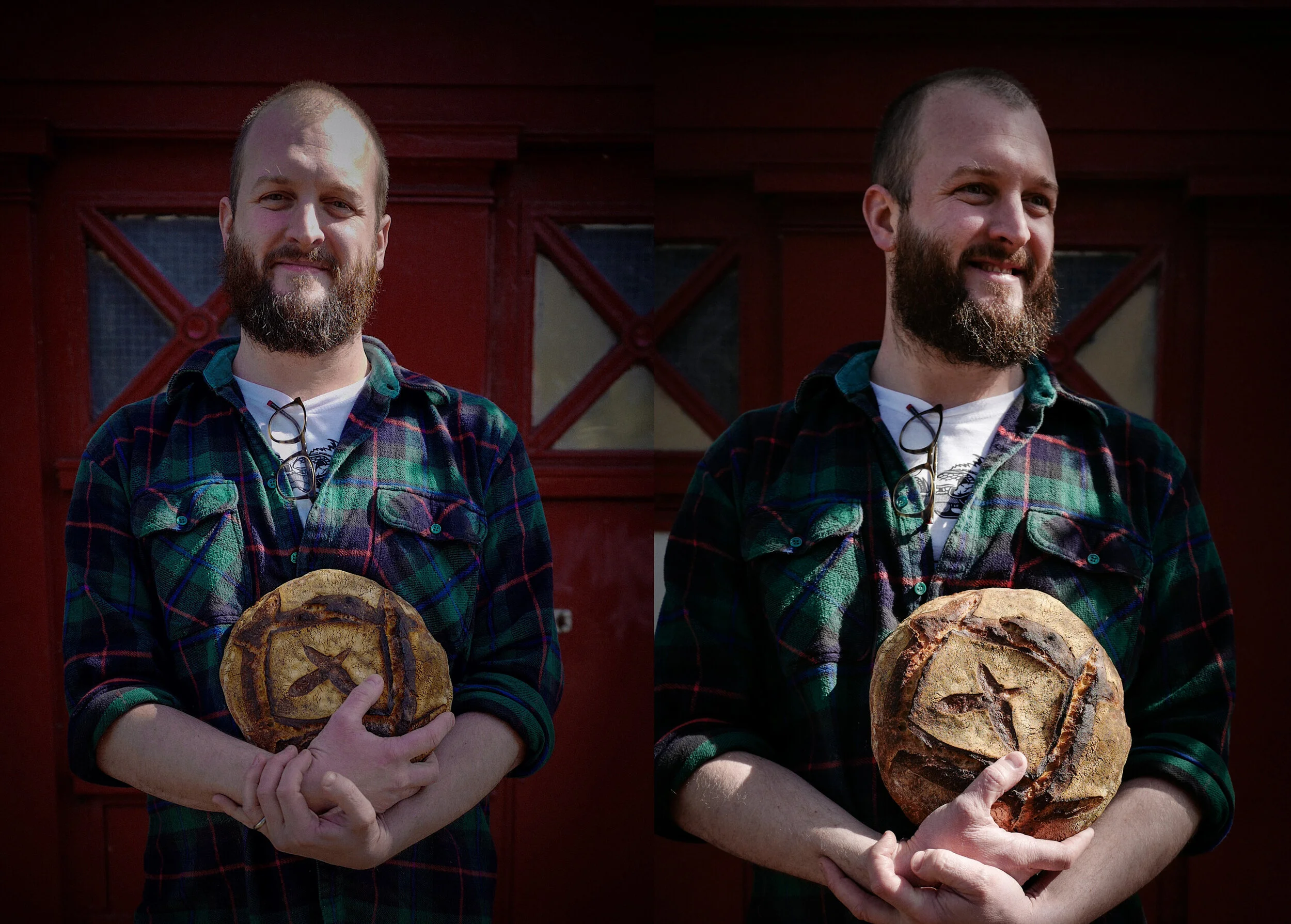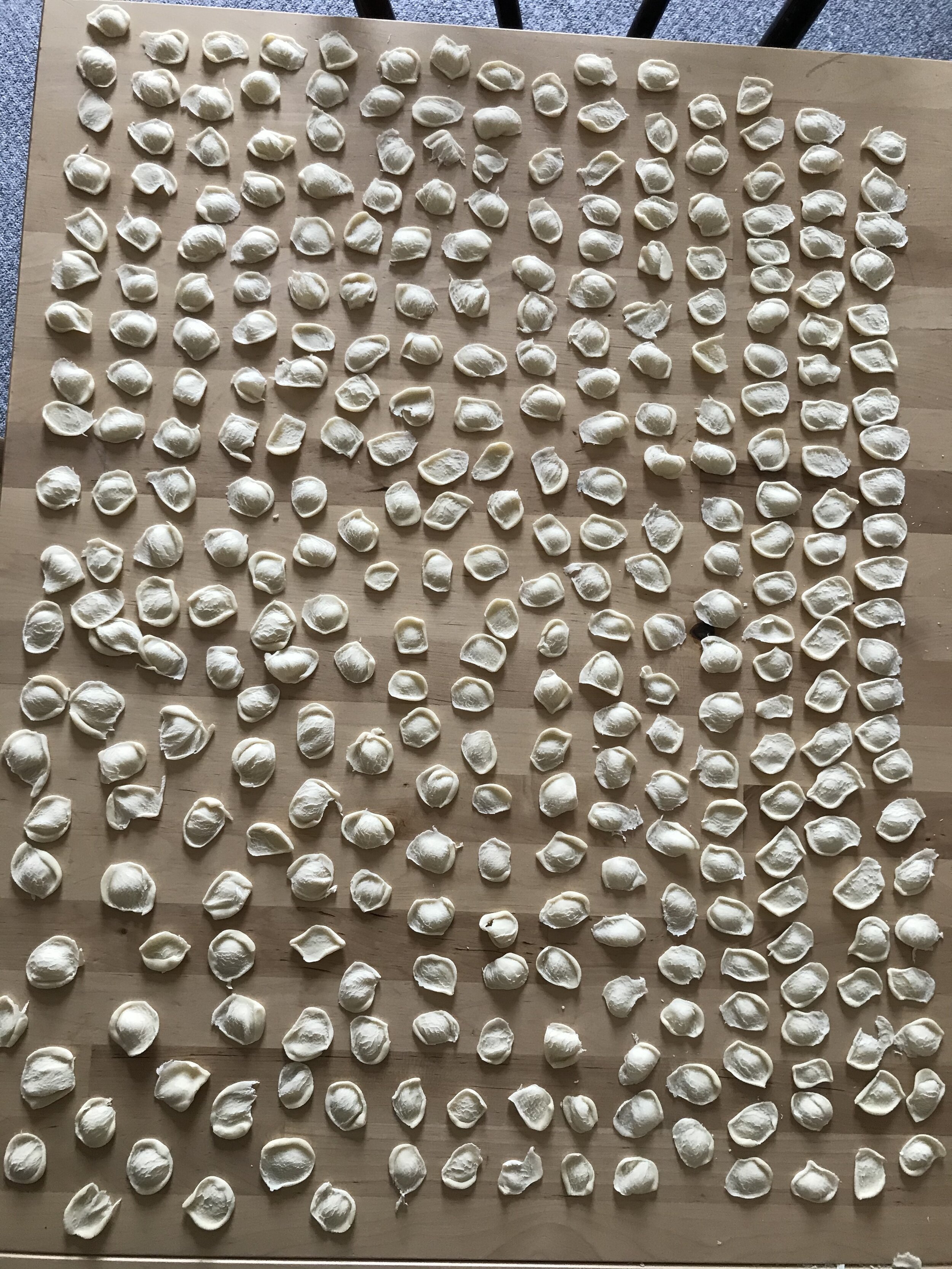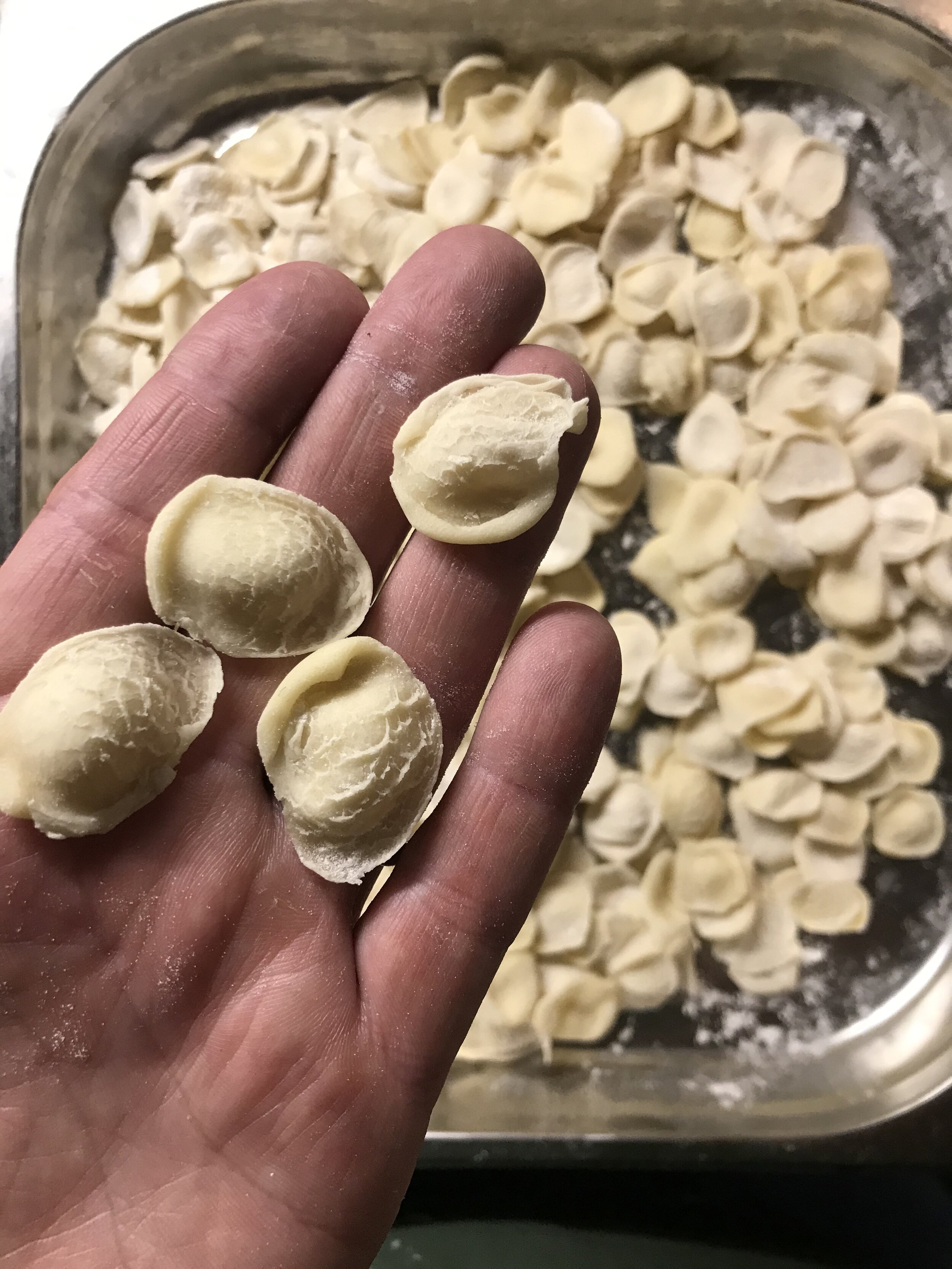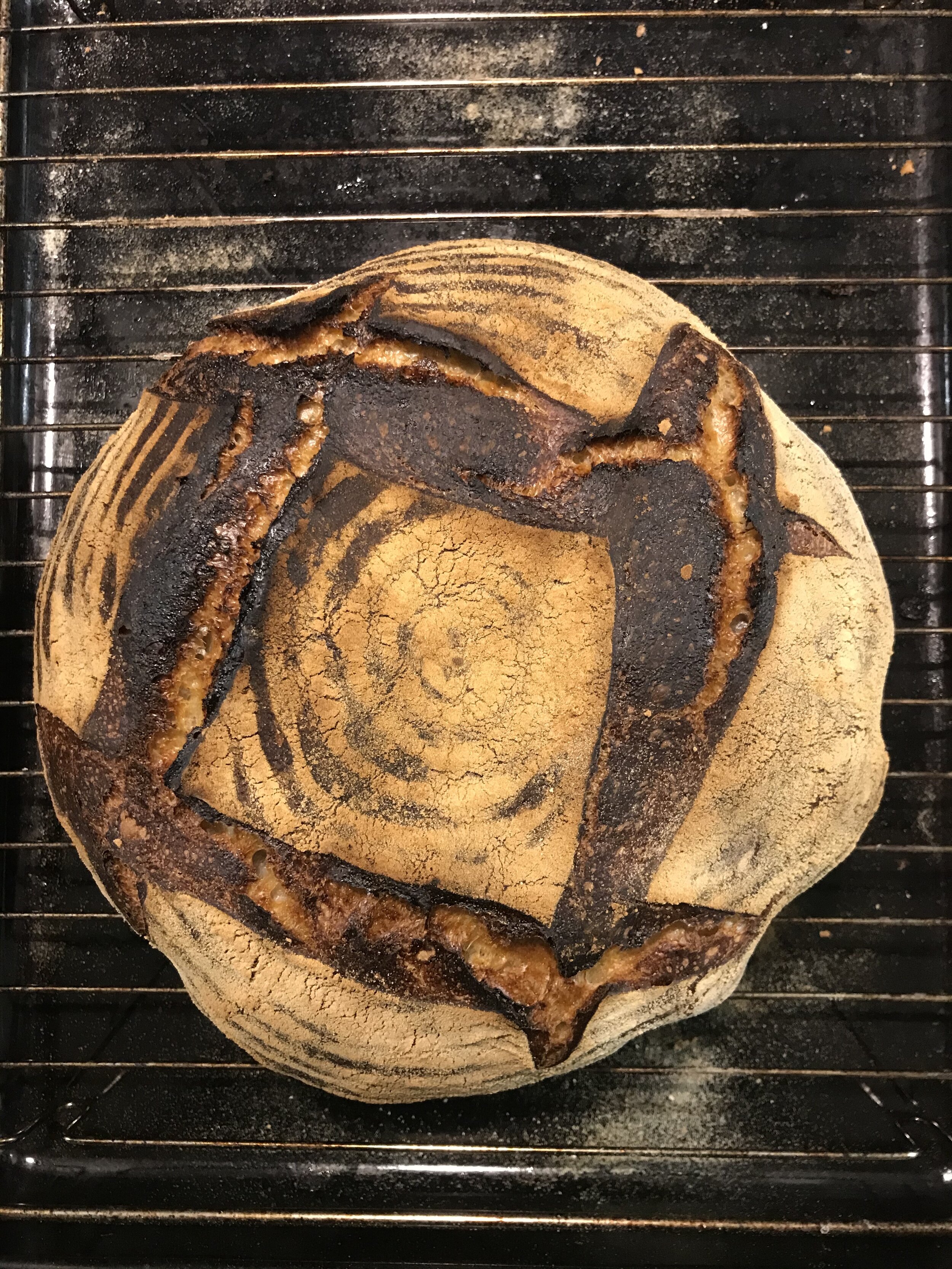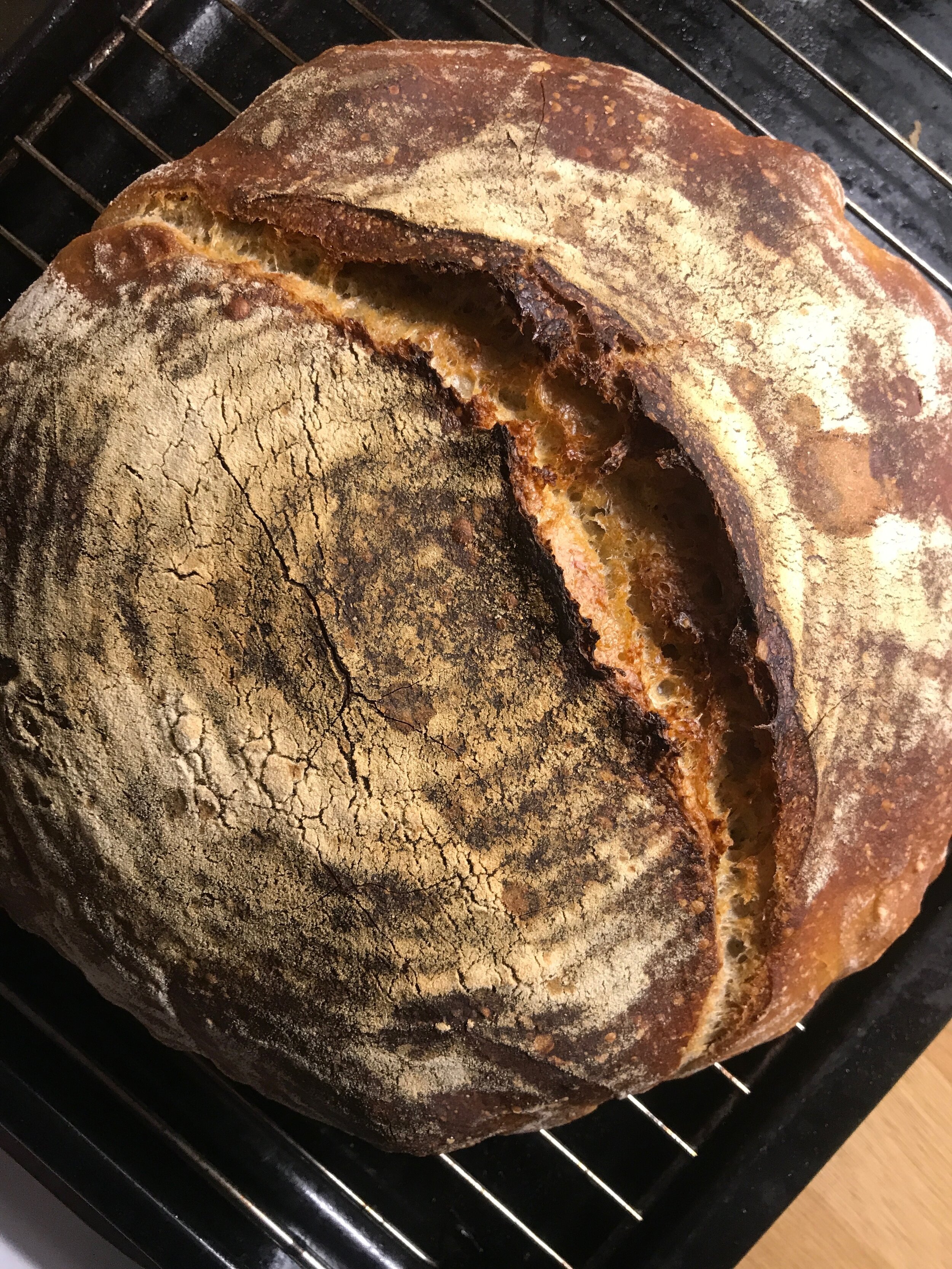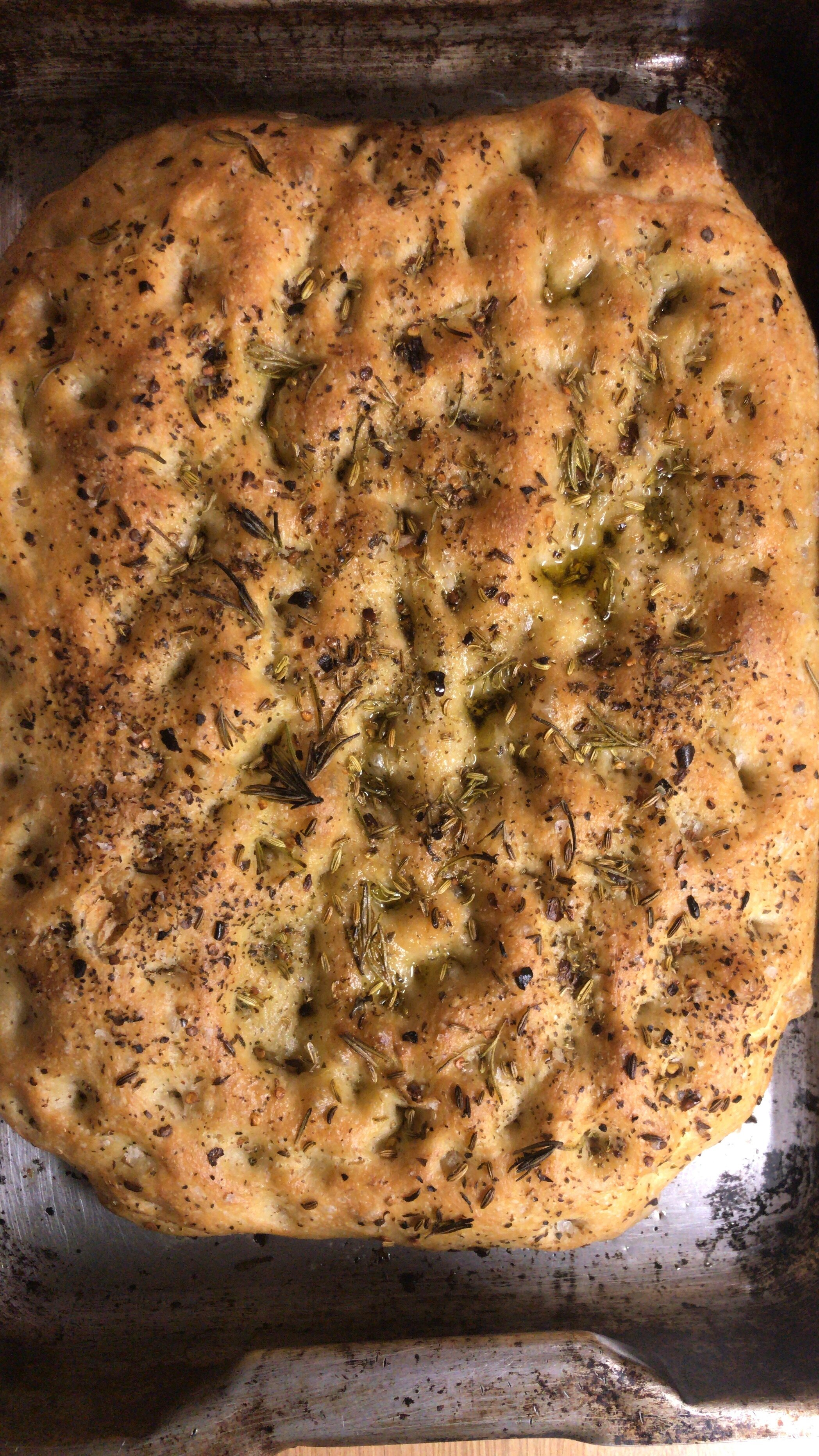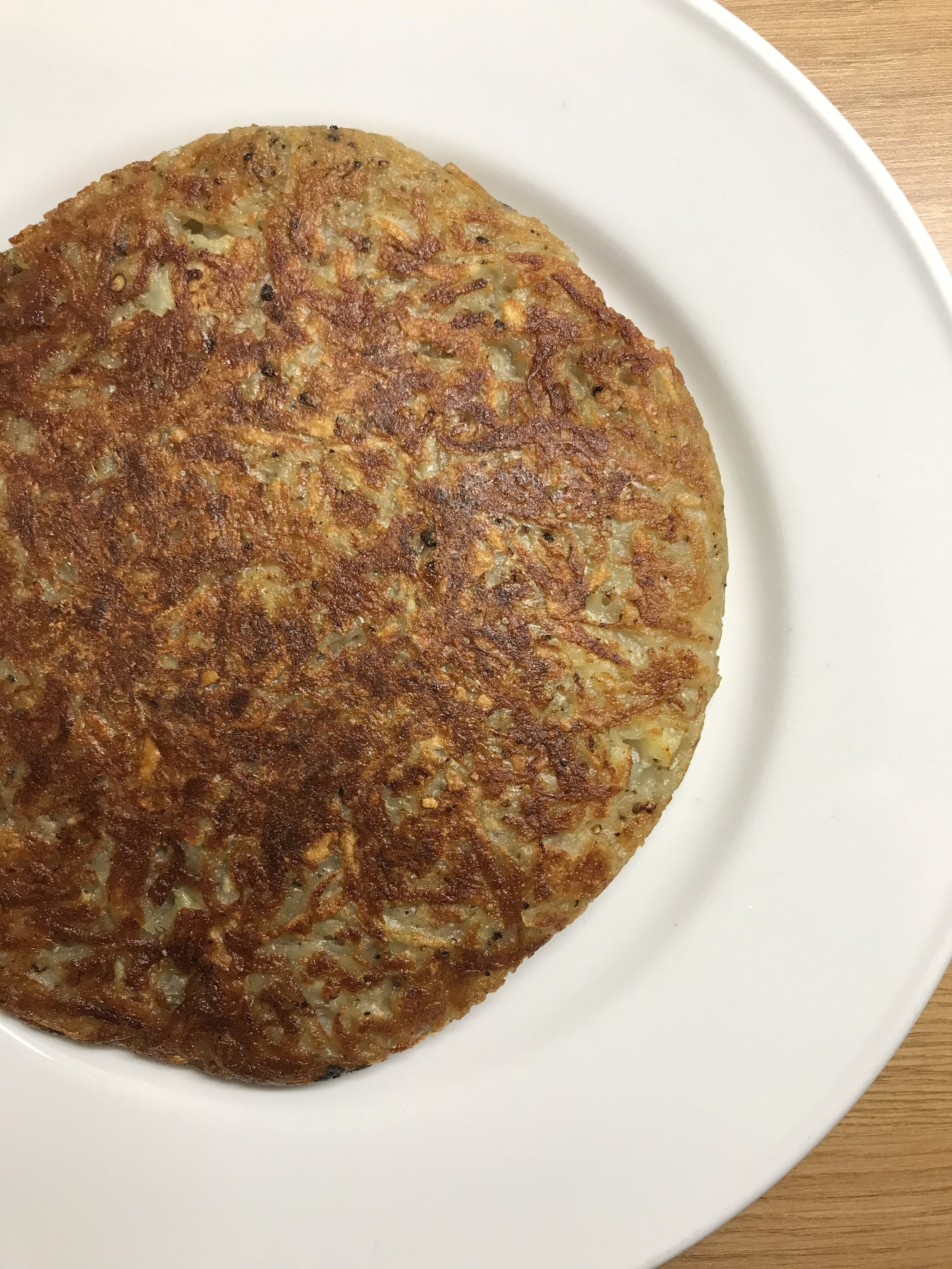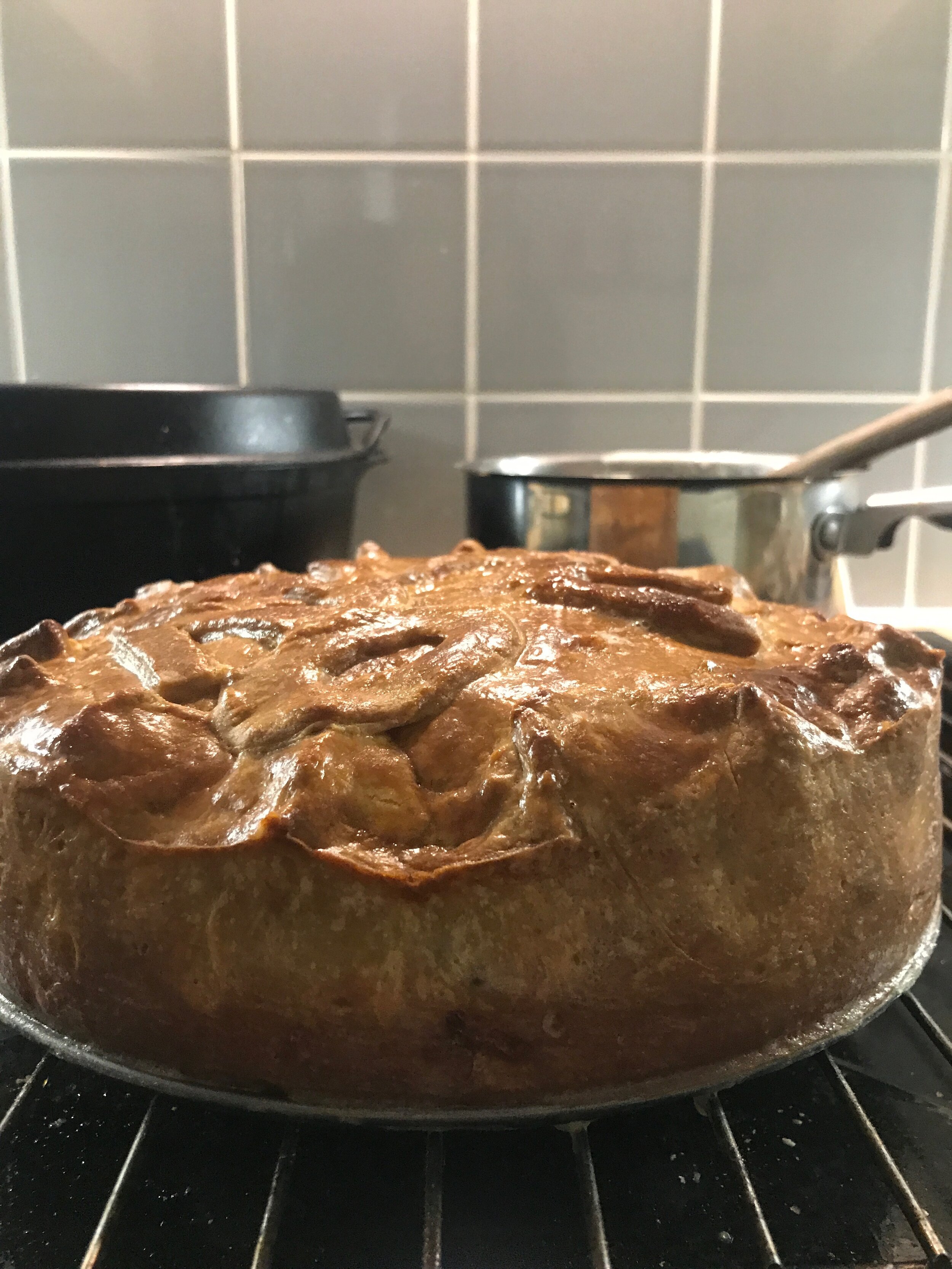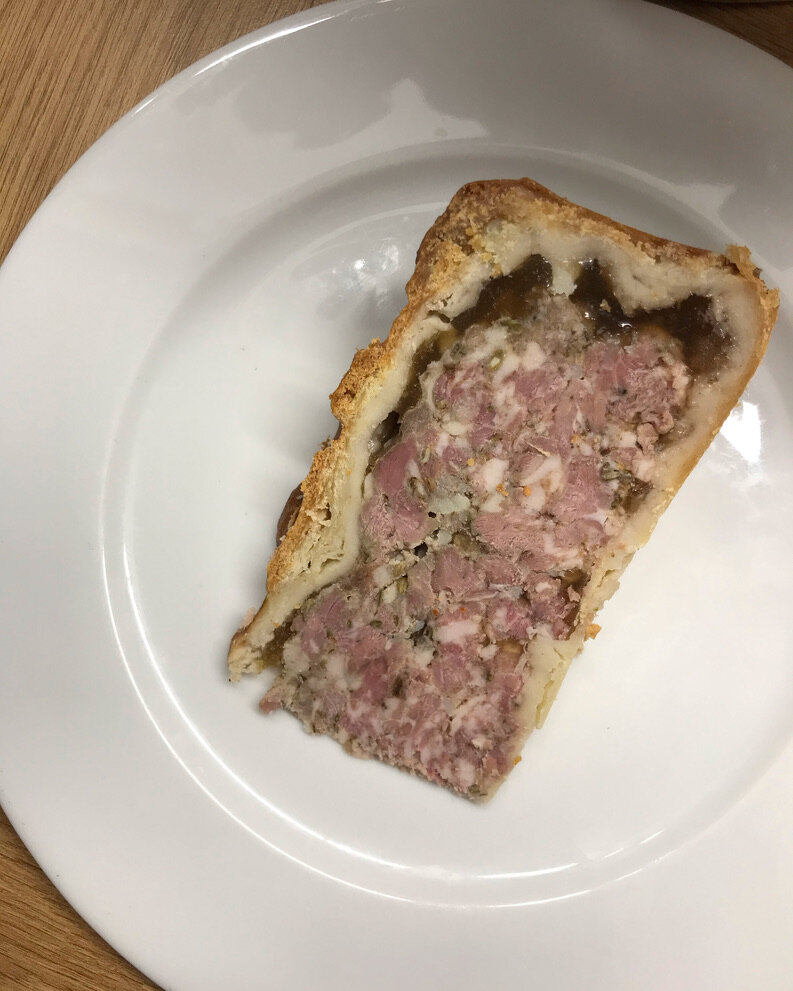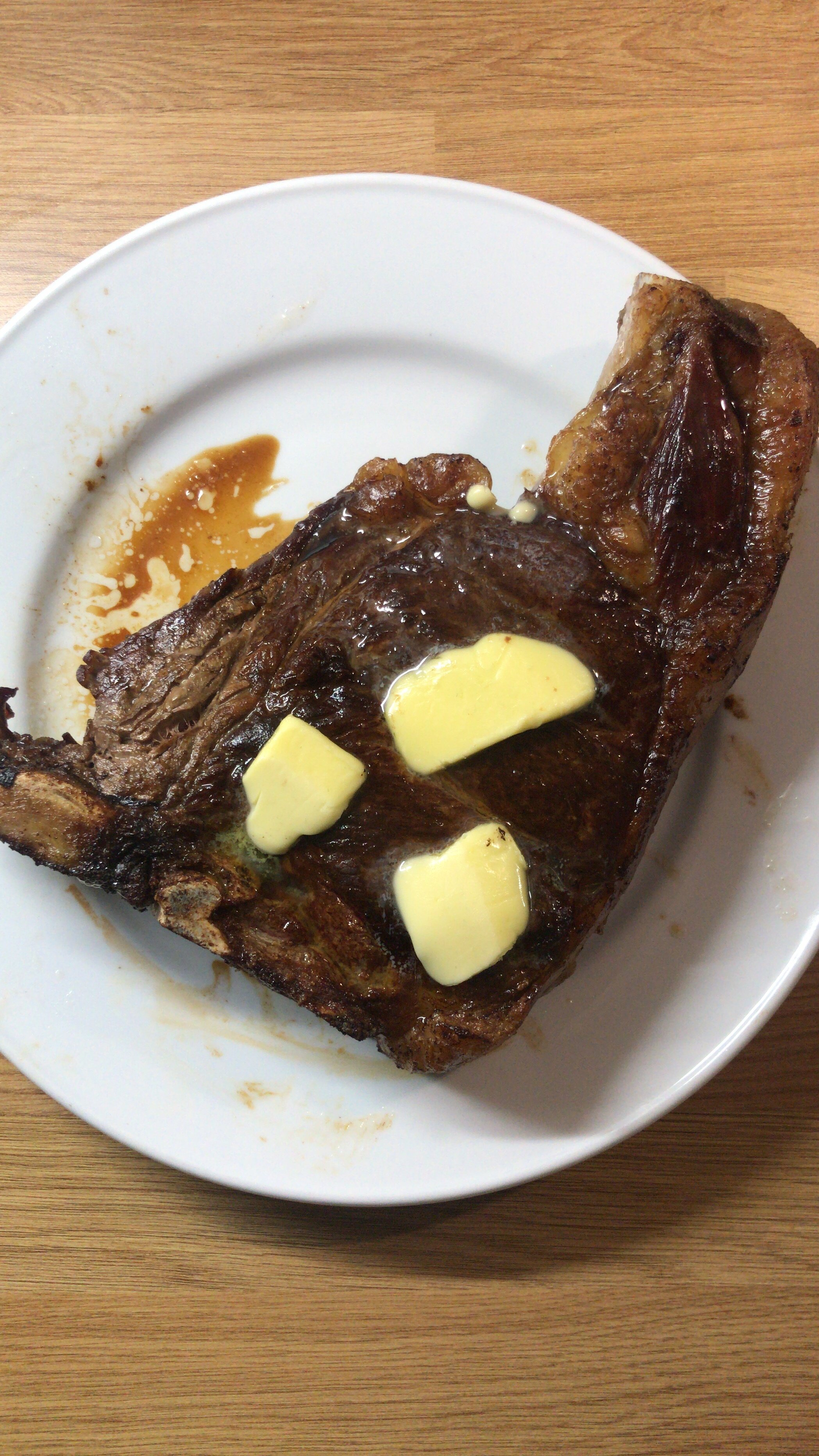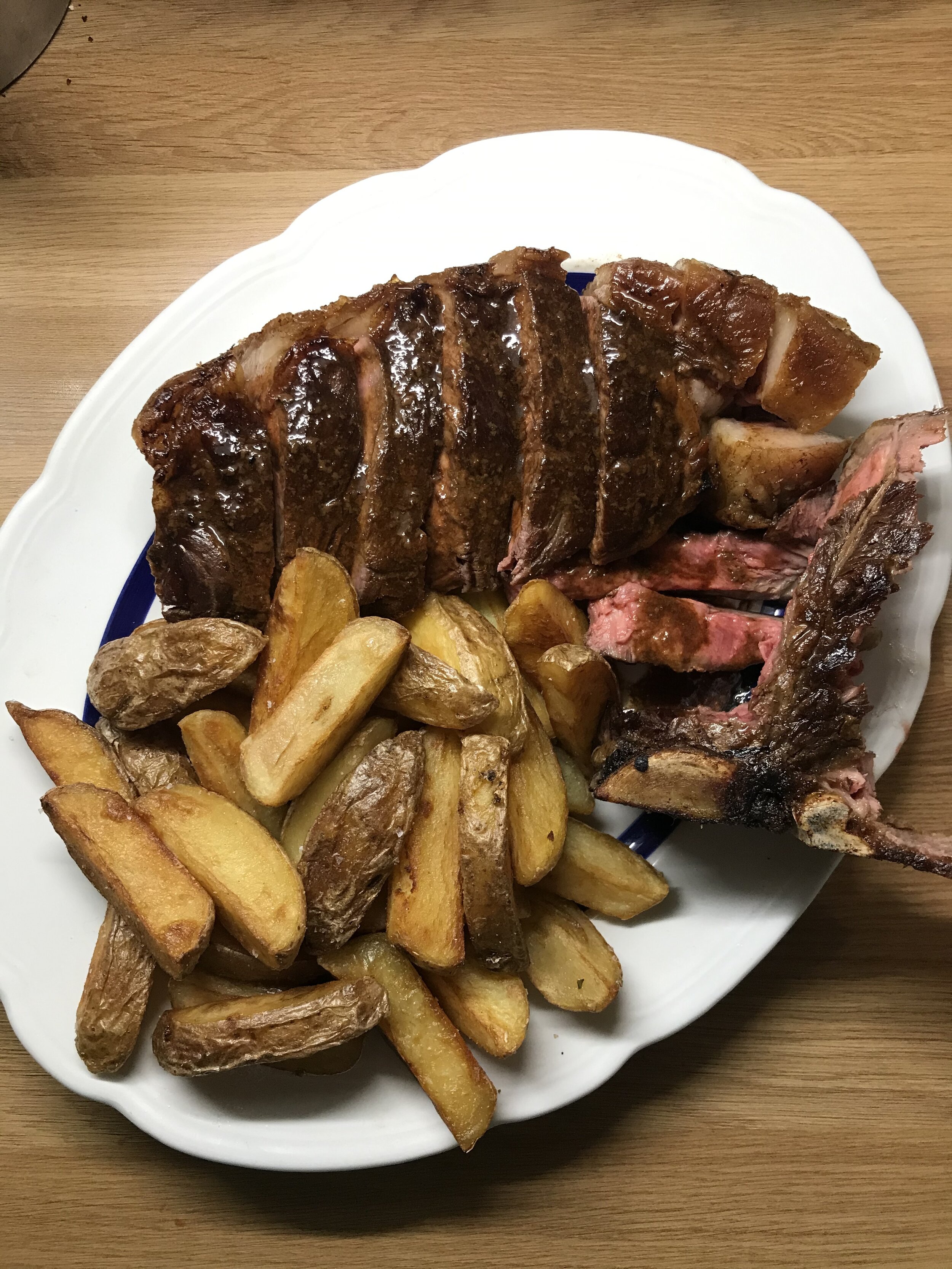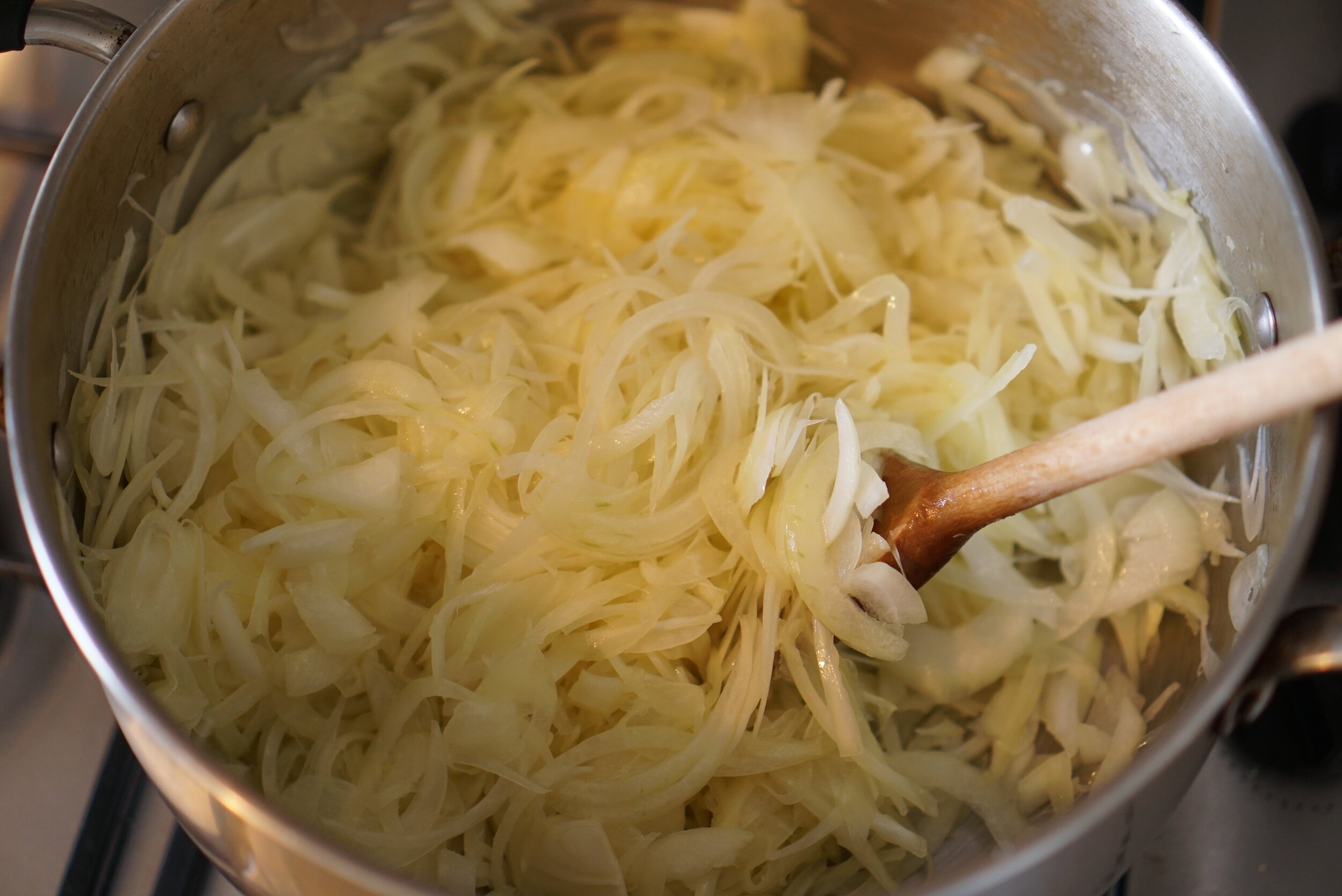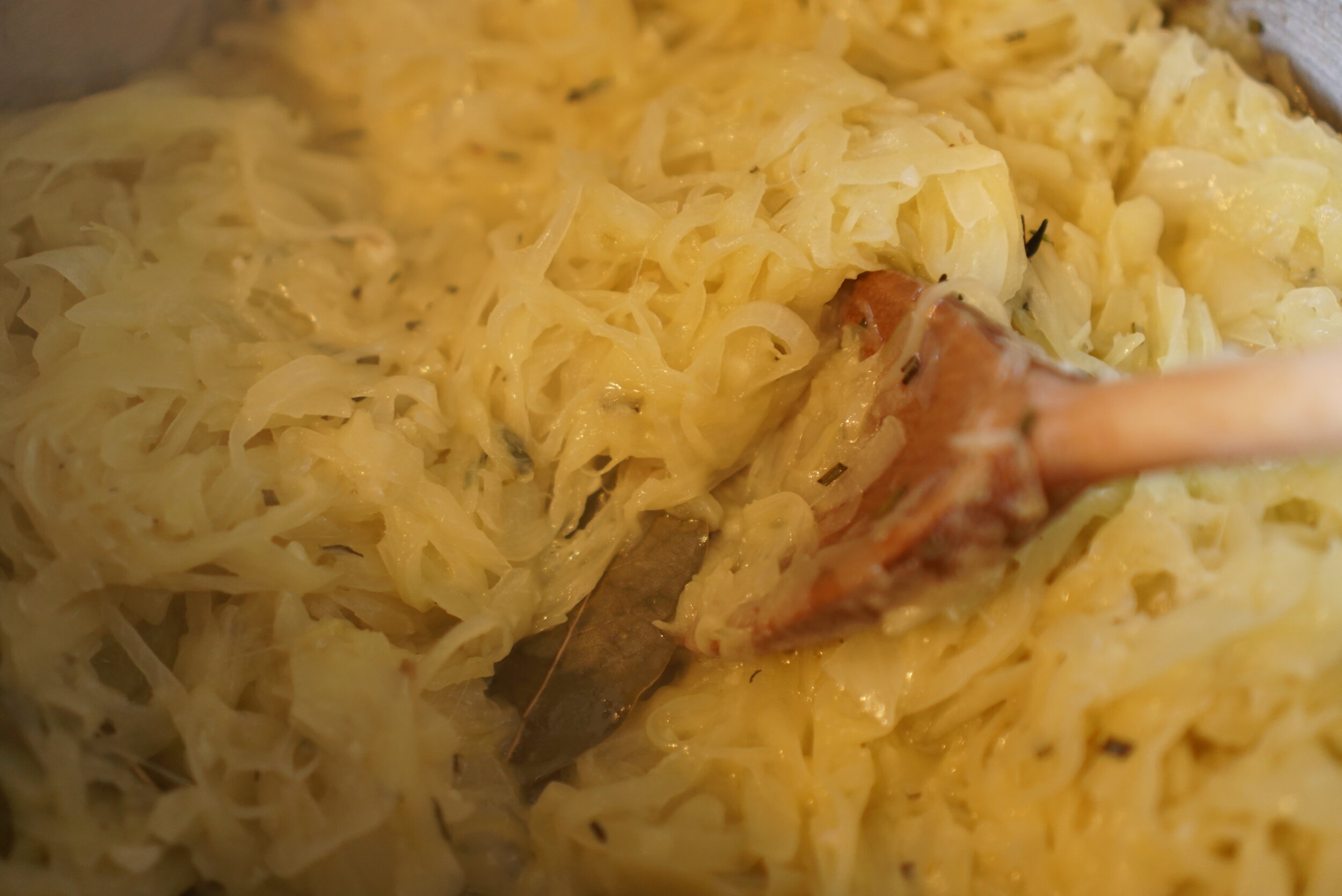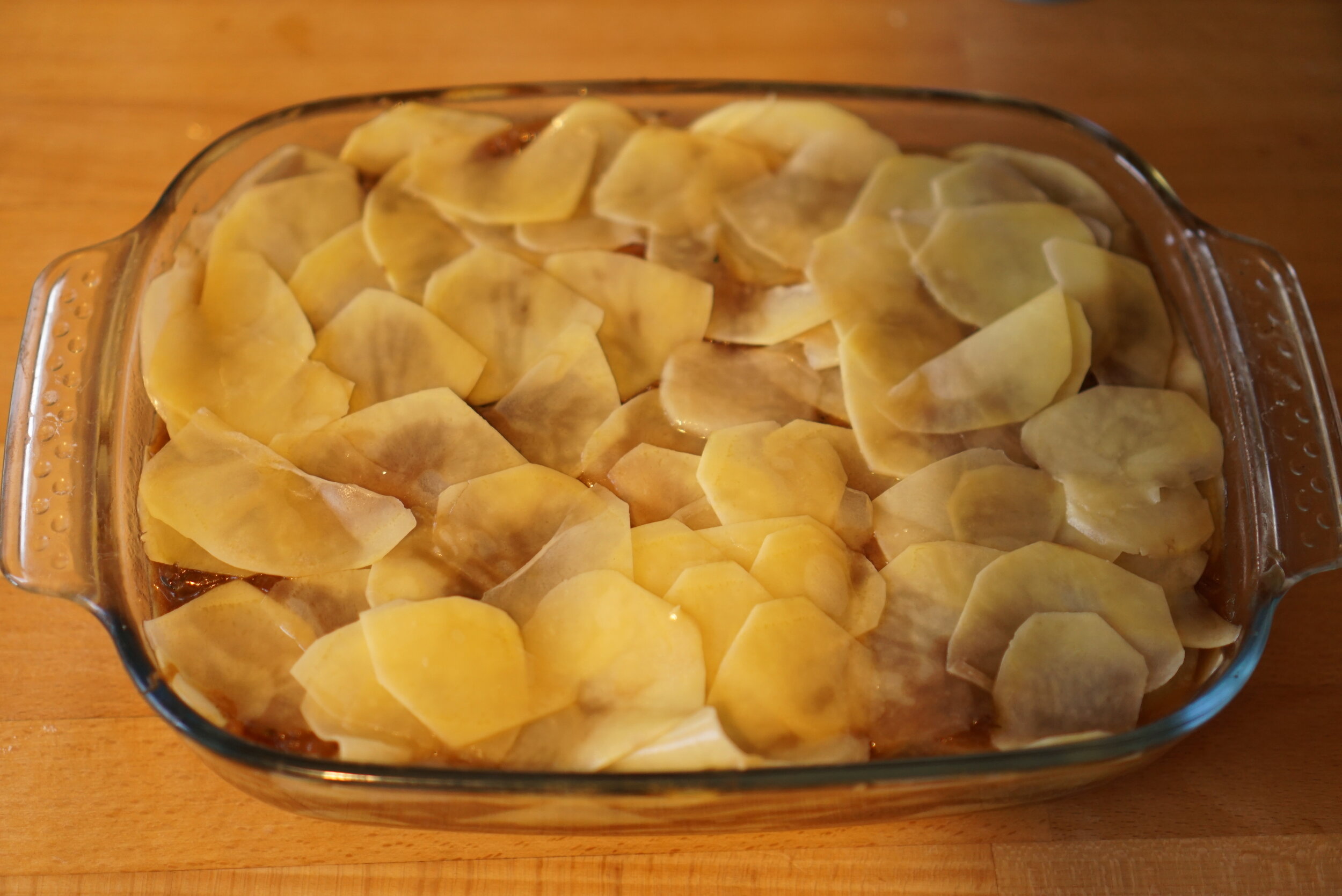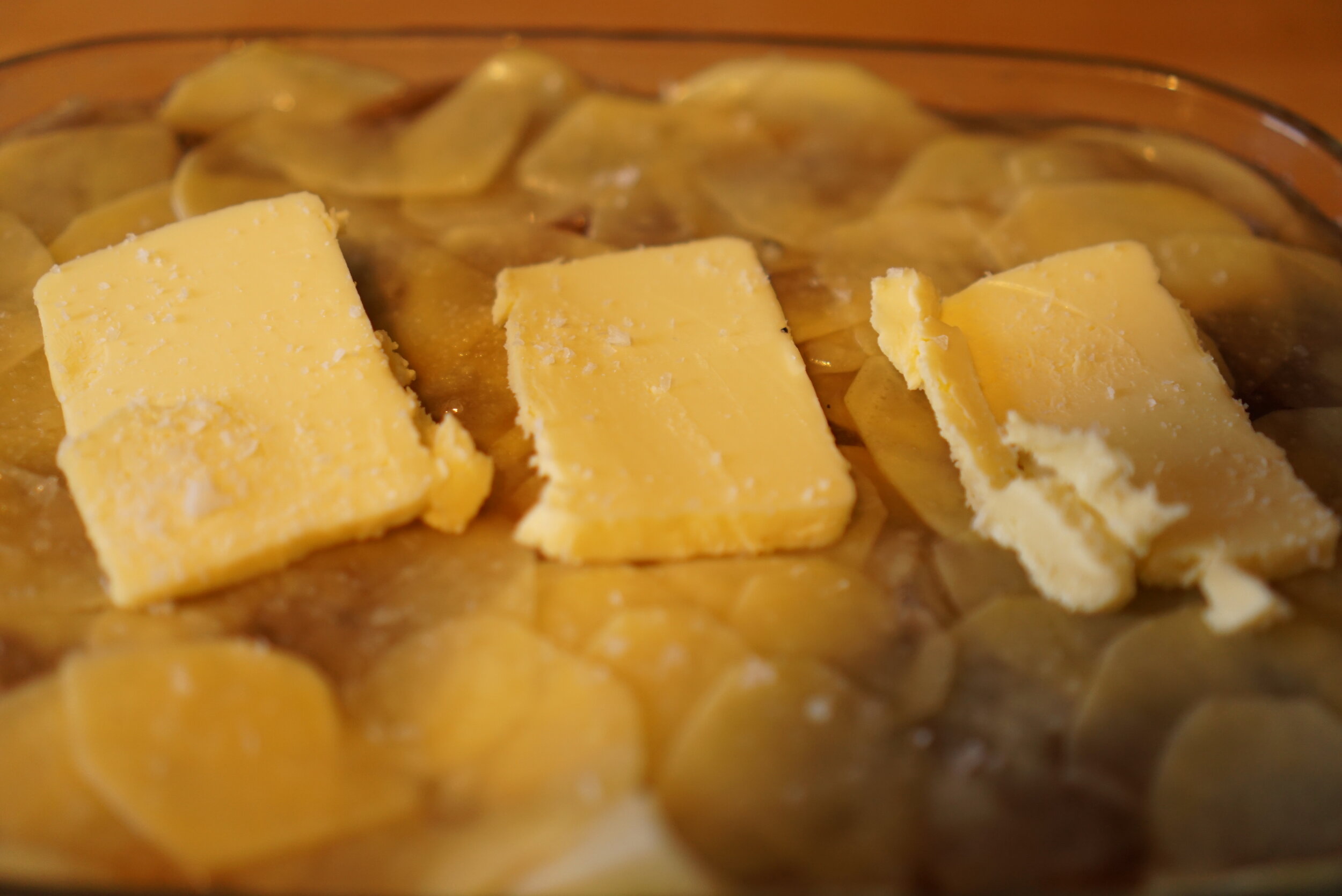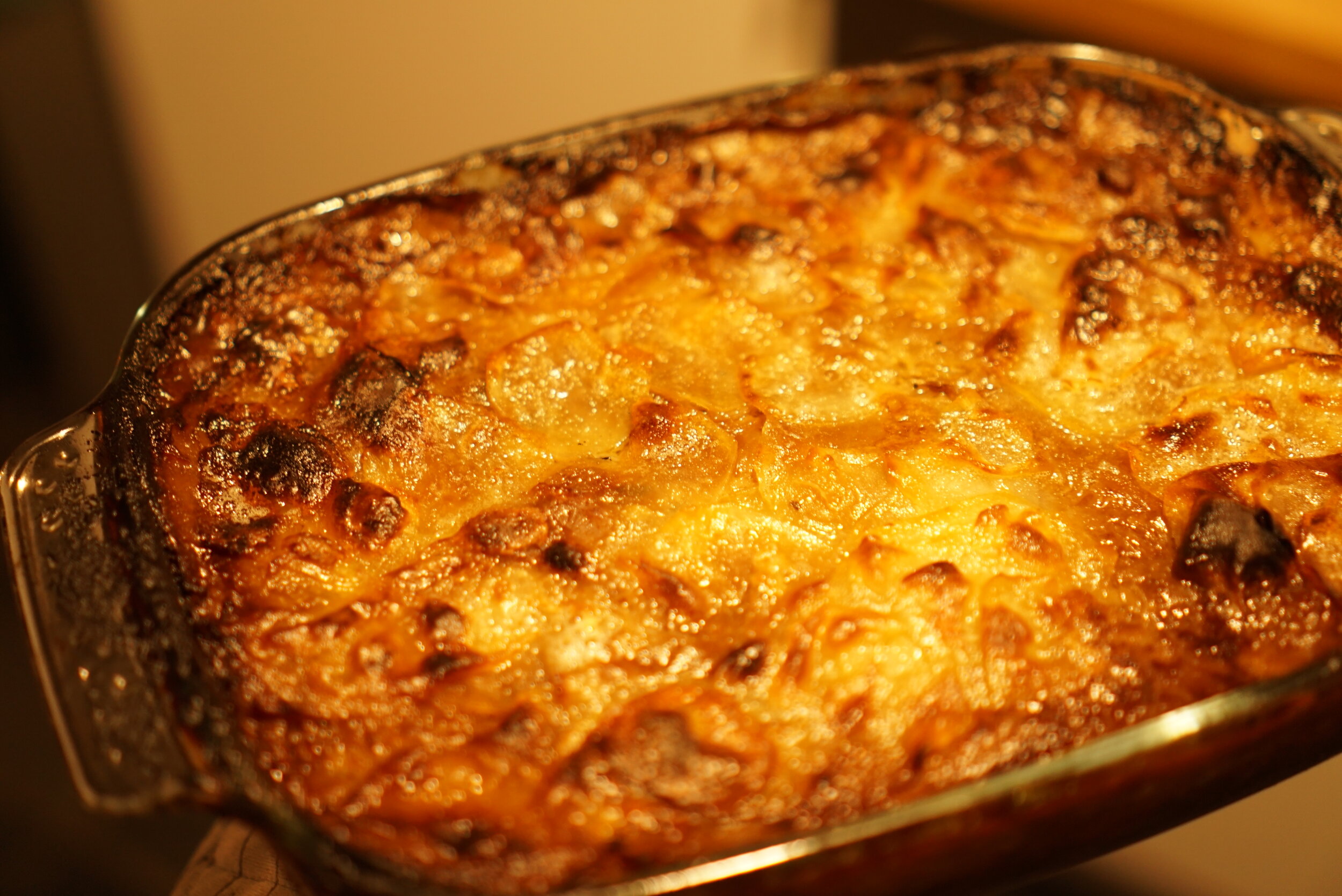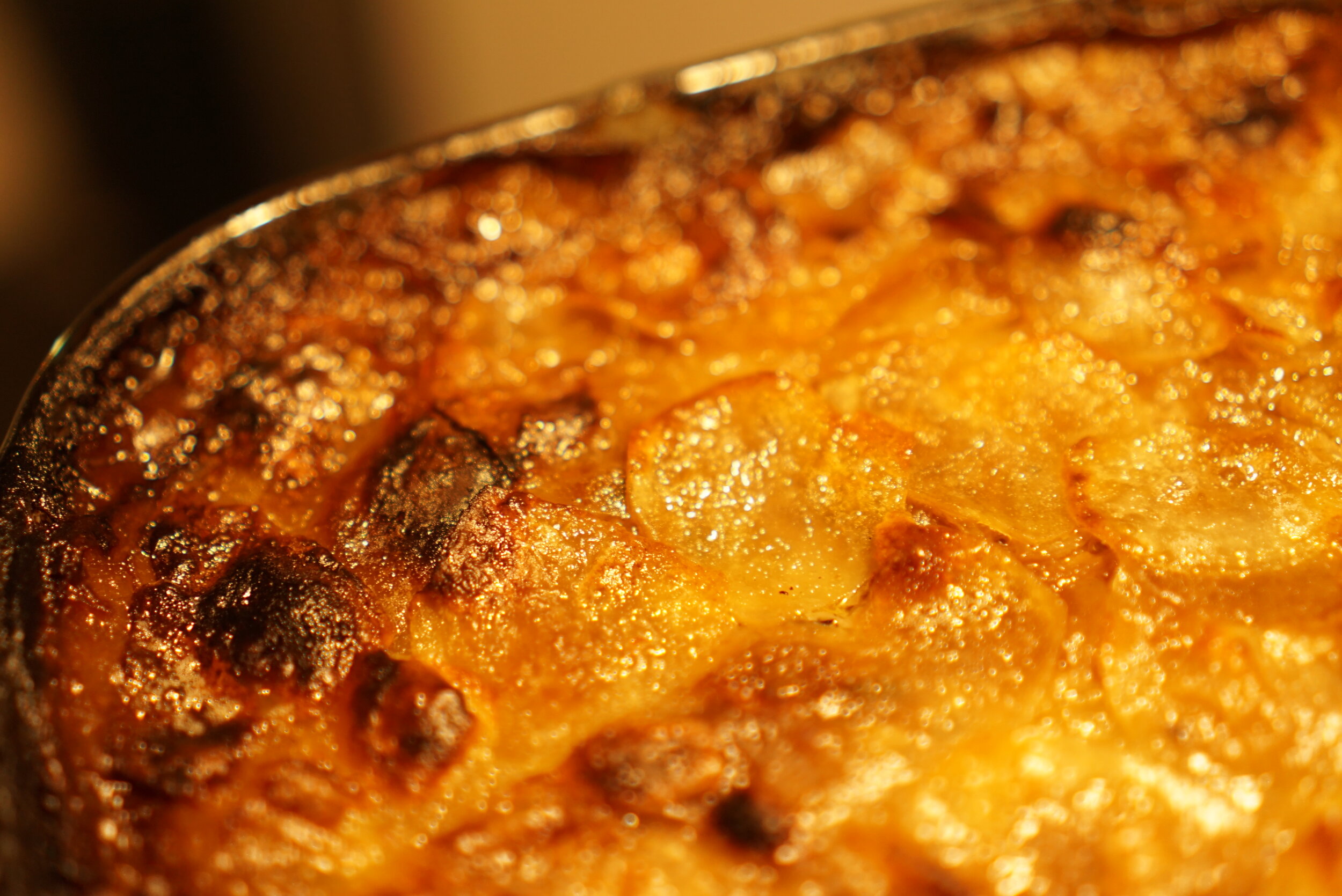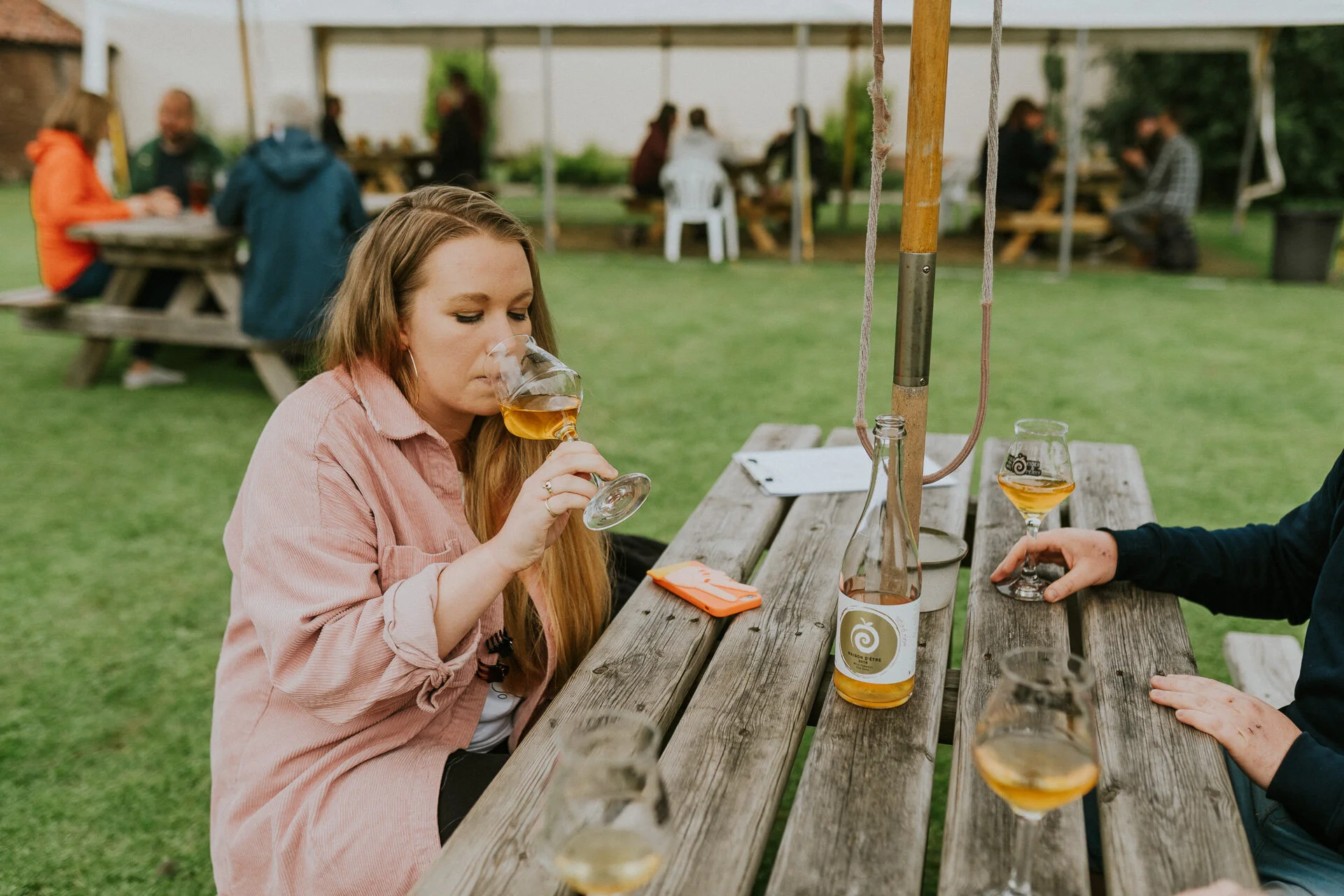The Pellicle Mixtape Volume 11 — Being Brave with Chef Lloyd Morse
Welcome to The Pellicle Mixtape, a regular feature where I (Pellicle co-founder Jonathan Hamilton) ask people from across the food and drink industry to create a playlist set to a theme of their choosing.
The hope is to gain a small insight into that person and their place of work through not only their song choices but also the thought process and level of obsessiveness they put into their mixtape. I’ll also be asking them what they’ve been enjoying eating and drinking recently, and finding out what else has been exciting them in the world of food and drink.
In this instalment of the mix series, we have something slightly different from our usual format. For volume 11 we welcome chef Lloyd Morse to offer some sage advice on cooking, and to share a recipe for you to cook at home during the lockdown.
It goes without saying perhaps, that during these (insert trying/unsettling) times that we, like everyone, have had to adapt to the changes that lockdown has brought with it. One thing Pellicle co-founder Matthew Curtis and I agreed upon on when the lockdown began was that we weren’t going to start putting out rakes of stories related to Covid-19, and we were instead going to focus on the positives in food and drink, as we have always tried to do.
This editorial commitment has meant turning down a few great stories to avoid adding to the ever-increasing pile of doomscrolling—a word Matt put me on to—content. A few of our contributors have offered up alternative endings—a Choose Your Own Adventure if you will—to their articles, and in each case, the non-Covid ending has pipped it. Call it burying our heads in the sand, escapism, or otherwise, but we are both strong believers in the power of food and drink as tools for staying sane during hard times.
Photos by Lloyd Morse
And so, when my pal Lloyd got in touch saying that he had written something for Pellicle about cooking during the lockdown, I was obviously worried. I feared that he had spent time on something and that I was going to have to tell him we couldn’t publish it.
Thankfully, Lloyd is someone who shares our philosophy in food as a force for good and this piece is brimming with the type of positivity and optimism you may have come to expect from Pellicle. I hope so at least.
Lloyd, originally hailing from the mountains outside Sydney, Australia, has spent 10 years cooking in London at such establishments as Spring, Magdalen, The River Cafe and Primeur. He moved to Edinburgh a few years ago, where he has worked at worked Timberyard, Good Brothers and The Free Company, and now plans to open his own restaurant.
We first met in 2016 through my good friend James Porteous of Electric Spirit Co. James was visiting London from Edinburgh and decided we should all meet at Dinerama in Shoreditch (street food markets? It really must have been 2016). If I didn’t remember Lloyd for his booming voice, and towering figure I would have remembered him for his ability to hook us up with food. His connections in the scene meant that there was an endless supply of dishes delivered to our table throughout the night. I had only recently moved to London, and boy was I impressed.
Lloyd’s style of cooking is heavily influenced by classical European cuisine—pasta, pies, and well, lots of butter. During the lockdown, Lloyd has taken to Instagram to document his cooking tips and recipes for his followers, and the recipe he shares below, I think it’s fair to say became a bit of a phenomenon up here based on the number of people I know who have now cooked it at home in the last month. Now you too can join in the fun.
I found this piece of writing pretty inspiring, and it actually forced me to remake a bread recipe last week which failed on the first attempt. But, after reading Lloyd’s words below, I decided to give it another go, and well, I don’t want to say I nailed it, but I nailed it.
Over to you, Lloyd.
Editors Note: This volume of the Pellicle Mixtape series was put together during the UK Coronavirus lockdown.
The Pellicle Mixtape Volume 11 — Chef Lloyd Morse
Photo by Jessica Elliott Dennison
Be brave and cook better food.
I’ve always loved the philosophy that in your lifetime you can only physically eat so many meals, so why eat rubbish food?.
If the average life expectancy for adults in the UK is 80, eating three meals a day would mean you eat around eighty-seven thousand meals in your life; if we take into consideration afternoon and midnight snacks, second breakfasts, elevensies, breakfast-pudding and the like we can round it up to ninety thousand.
With age and experience I’ve learned that if you want to get better at cooking you have to be willing to screw up, fail, burn, overcook or—my own affliction—undercook. Fucking up and learning from it will make you a better cook. It’s just food—be brave, and give it a go.
Want to substitute a herb, spice or another ingredient for something else—go for it. Want to omit an ingredient—crack on. Think about adaptation and improvisation and again, it’s just food, it all comes out the same way anyway!
And ask questions. I assume many readers work in and around the food and beverage industry. I bet most of you know a chef or a baker. Ask them questions. The hospitality industry is fuelled by passionate people (we certainly aren’t here for the money) who will happily talk shop to help you cook a better… omelette?
I’m fully aware that this coming from someone who has been in professional kitchens for over fifteen years seems a little rich, but there is a range of things that I have been cooking while on lockdown that I've never cooked before and many more that I’m coming to with fresh eyes.
Like MANY other people out there I’ve started baking sourdough bread at home; the Jedi-like knowledge of starters, leven and autolyse. My first couple of loaves were sad bricks, perfect for if rioting starts. But, after some research and asking countless questions to my baker friends I nailed it, so much that I found myself cheerfully walking up the Water of Leith with 16kg of Mungoswells organic bread flour on my shoulder with the idea that I could start baking for some of the flats in our building. Fun fact: of the other 5 flats in our building three of them don’t eat bread.
Bread is not my area of expertise but there is a range of things out there that are. During this lockdown that we are all currently in there have been so many cooking demonstrations cropping up on every social media platform (#coronacookalong), some have been fantastically fun (Trullo owner Tim Siadatan or Chef Ben Mulock). Just one chef cooking in their kitchen trying to wrangle their children while also teaching the importance of pasta water.
Others I’ve found have been totally over the top and produced like a pilot for Channel 4. Not everyone has every ingredient or a pasta machine. Is there any plain flour left for the public? No matter the quality of the content, those who have been getting online are a fine example of the love for others that sits at the heart of this wonderful industry of ours.
I didn’t make a conscious effort to start sharing recipes, it was more in reply to loads of people asking me how to make gnocchi or what to do with a glut of cucumbers (don’t panic buy that’s what). I have always enjoyed teaching people how to cook better so I started filming my cooking process stage by stage and explaining the science behind each step and putting it on Instagram. I haven’t exactly been doing them in vast numbers or even consistently, only making one when the parameters that I think are important for cooking in the times of Coronavirus fit our dinner.
I’ve enjoyed how much more people are cooking, taking time on meals they normally wouldn’t have the time for. We have the best access to food in human history, not only do we have access to it but we are surrounded by it. Through social media, professionals can show off their skills and recipes but those professionals got to where they are through years of hard graft in kitchens, a very good reason not to compare your cooking to theirs, but it doesn't stop you trying.
I listen to music constantly, particularly during this lockdown there is always something blaring somewhere in our flat. I’ve never really listened to a particular genre of music, more passing through almost all of them and enjoying them collectively. I have music on particularly in the kitchen, always, even when I’m doing the washing up. Does anyone else feel like they’ve been doing more washing up than ever before? I feel like I’m at the sink three times a day.
There’s a playlist I started years ago that I have always planned to have as a soundtrack for my own restaurant; it's currently at 827 songs, around 51 hours. It’s the background to all my cooking since its creation. Anyone who follows me on Instagram has definitely heard a snippet of it playing at some point. So I’d like to offer you a slice of it, 21 random tracks, along with a recipe for the most satisfying potato dish you will ever eat. Both the opening and closing tracks I’ve picked are from New Orleans brass bands, both written after the destruction of Hurricane Katrina, music made out of adversity and times of hardship. I implore you to listen to them, have a dance and remember that we are going to come out the other side of this.
Be brave!
Potatoes Boulangere
I made these potatoes one year for my in-laws and they have been known as ‘Lloyd’s potatoes’ ever since, it’s also where our family favourite phrase ‘our friend butter’, comes from. It is a simple mix of sliced potatoes and onion, cooked very slowly. The following recipe probably takes about an hour and a half and I promise you it’s well worth it. It’s also an incredibly simple recipe that you can adapt to fit what you have or don’t have very easily.
For a nice sized Boulangère for two:
4 large potatoes
8 medium onions of any variety—Red, white, brown or shallots.
150g butter, or oil, or duck fat.
Salt
Optional: Garlic. Rosemary. Thyme. Bay. Wine. Stock.
Slice the onions as thin as you can and put them in a pot with half the butter.
This recipe will not work without salt.
AT ALL.
I cannot stress this enough. Through osmosis, salt is going to draw out moisture and sugars from the onions, which is going to help break them down so that they are super soft. This amount of onions needs two full pinches of salt—around 7 grams. Salt is best used early in cooking, in stages to help develop and build flavours, it is more often used like this rather than to make food salty unless we’re talking about chips.
At this stage, you can add garlic, thyme, bay, rosemary if you wish. It’s best to tie the herbs together if you want, or pick the tiny leaves off.
Sweat the onions on a medium heat for about 20 minutes. You will notice billows of steam coming from the pot—that is the salt doing its job. Once the onions have lost all their rigidity and have broken down in the pot, turn the heat down a little and put a lid on the pot. With a lid on the onions, not only will the steam keep the onions moist but it will also cook them in a much hotter environment—ask anyone who has ever had a steam burn.
Be brave, let the onions cook like this for twenty to thirty minutes. Take the lid off every five to ten minutes and give them a good stir, scratching off any little bits of caramelisation on the bottom of the pan. This will stop the onions catching, and will help thicken your sauce later. Preheat your oven to 180°C.
Once thirty minutes has gone by, and you have been ever vigilant to make sure your onions haven’t burned, they should be so soft that you crush them easily with a spoon. Take about 1 litre of stock (or water), pour it in and reduce by two thirds. All the sticky slightly caramelised onions are going to help thicken this liquid to make it delicious and viscus giving us a tasty base to bake the potatoes in.
Peel the potatoes and then slice them as thinly as you can, if you have a Japanese mandolin aka Satan’s fingernail cutter use it [be careful. I made this recipe to take the photos above and below and didn’t read this advice and lost a small chunk of my middle digit—Ed].
Take a baking dish and layer the onions and stock, then a nice even layer of potatoes and the tiniest sprinkle of salt. Repeat and finish with a layer of potatoes and the last bit of stock to make sure the top potatoes are wet. Top with the last of our friend butter.
Wrap in foil and bake in the oven at 180°C for 45 minutes or until you can easily pierce the potatoes with a knife. Take the foil off and let the top caramelise in the oven. Be brave.
Cover photos by David Blaikie


